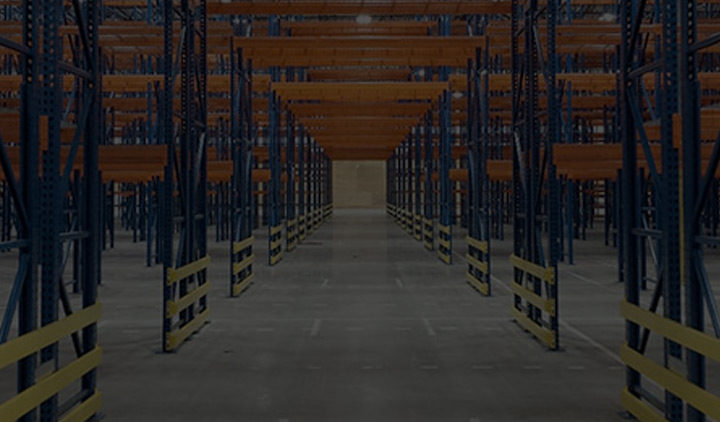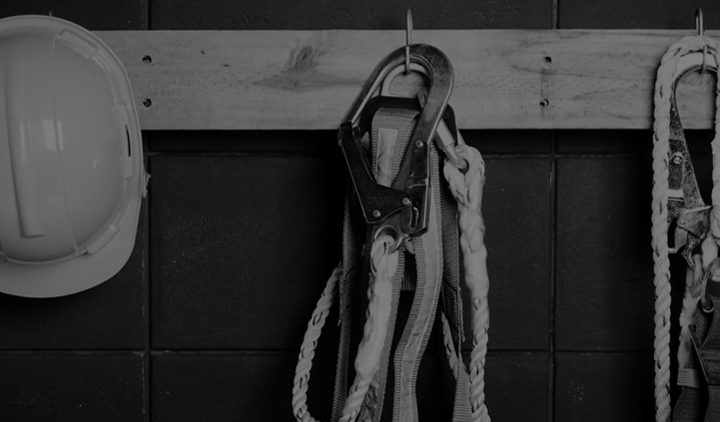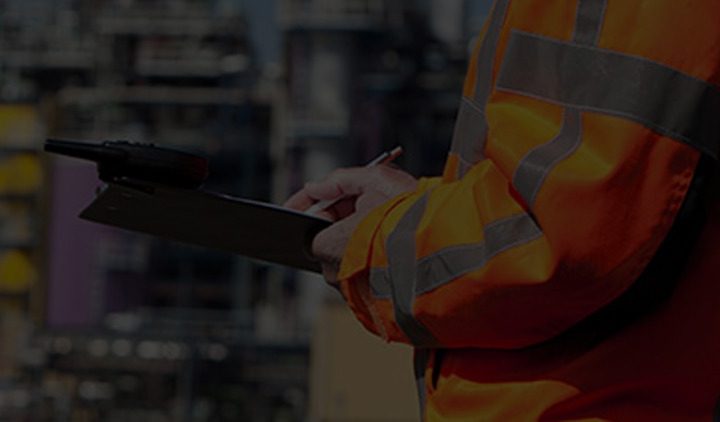It’s important that we all understand the OHS Laws and Regulations, though how many of us have actually read through them? There are laws that pertain to Employers, Employees, Supervisors, Contractors – everyone in a workplace. This article focuses on Supervisors, as they often play one of the most crucial roles in employee safety by directly ensuring policies and procedures are being followed.
First let’s start off with a comprehensive definition of a supervisor, as per the regulatory body WorkSafeBC:
“A supervisor is a person who instructs, directs, and controls workers in the performance of their duties. A supervisor can be any worker — management or staff — who meets this definition, whether or not he or she has the supervisor title. If someone in the workplace has a supervisor’s responsibilities, that person is responsible for worker health and safety.”
As per OSHA, supervisory responsibilities are well defined as:
“Employees who exercise supervisory functions shall, to the extent of their authority, furnish employees employment and a place of employment which are free from recognized hazards that are causing or are likely to cause death or serious physical harm. They shall also comply with the occupational safety and health standards applicable to their agency and with all rules, regulations and orders issued by the head of the agency with respect to the agency occupational safety and health program.”
Key Points
- Supervisor is any worker that instructs, directs and controls workers in their duties
- Can be any worker – management or staff
- No requirement for supervisor title
- Responsible for health and safety of workers
- Provide a workplace that are free from recognized hazards
- Comply with the safety and health standards
In order to ensure the health and safety of a worker, a supervisor must be knowledgeable of all the work being supervised – a sort of ‘jack of all trades, master of none’.
In a manufacturing plant, the shipping supervisor may be responsible to oversee forklift operators, truck drivers, general laborers, mechanics, etc. The site specific training and certification these team members may need to undergo include but are not limited to: forklifts, transportation of dangerous goods, docks, ramps and grades, trucks and trailers, battery handling, propane, etc. That’s a lot to know!
In order to supervise a forklift operator, the supervisor needs to be knowledgeable on the current regulatory requirements such as: equipment inspections, safe and proper handling, storage and racking, fueling and charging, manufacturer’s instructions and requirements of the regulations – to name a few.
So, how does a supervisor become knowledgeable? Training. Ongoing retraining is crucial as over time all of us tend to forget information if not used everyday. It is the Manager, Owner or Company’s legal responsibility to ensure their supervisors are trained with enough knowledge to ensure proper instruction and oversight of the work being performed and the worker performing the work.
Supervisors fill the crucial role of being the eyes and ears and hands of an operation, serving as a type of middleman between policy and procedure. They are the gate keepers to employee safety and hold the key to a zero-incident workplace by constantly utilizing tools like a JSA or JHA. Without the instruction and enforcement of supervisors, especially properly engaged ones, important aspects of safety either get missed or forgotten. If Supervisors had just one role, it would be to prevent complacency in the workplace so workers are always kept informed and reminded about keeping themselves and others around them working safe.
As a best practice, when scheduling safety training, supervisors should be in attendance with their team members so that ‘everyone is on the same page’. This is something that really goes beyond best practice though and extends to common sense, how can someone properly conduct a safety analysis if they are not recently trained themselves to do so? A supervisor that is present in training programs aids in creating a positive safety culture by demonstrating first hand that safety training is important.
Stay tuned for articles focused on Employers, Employees, Due Diligence and Consequences of Non-Compliance.
Join our newsletter to stay up-to-date: Join Now




